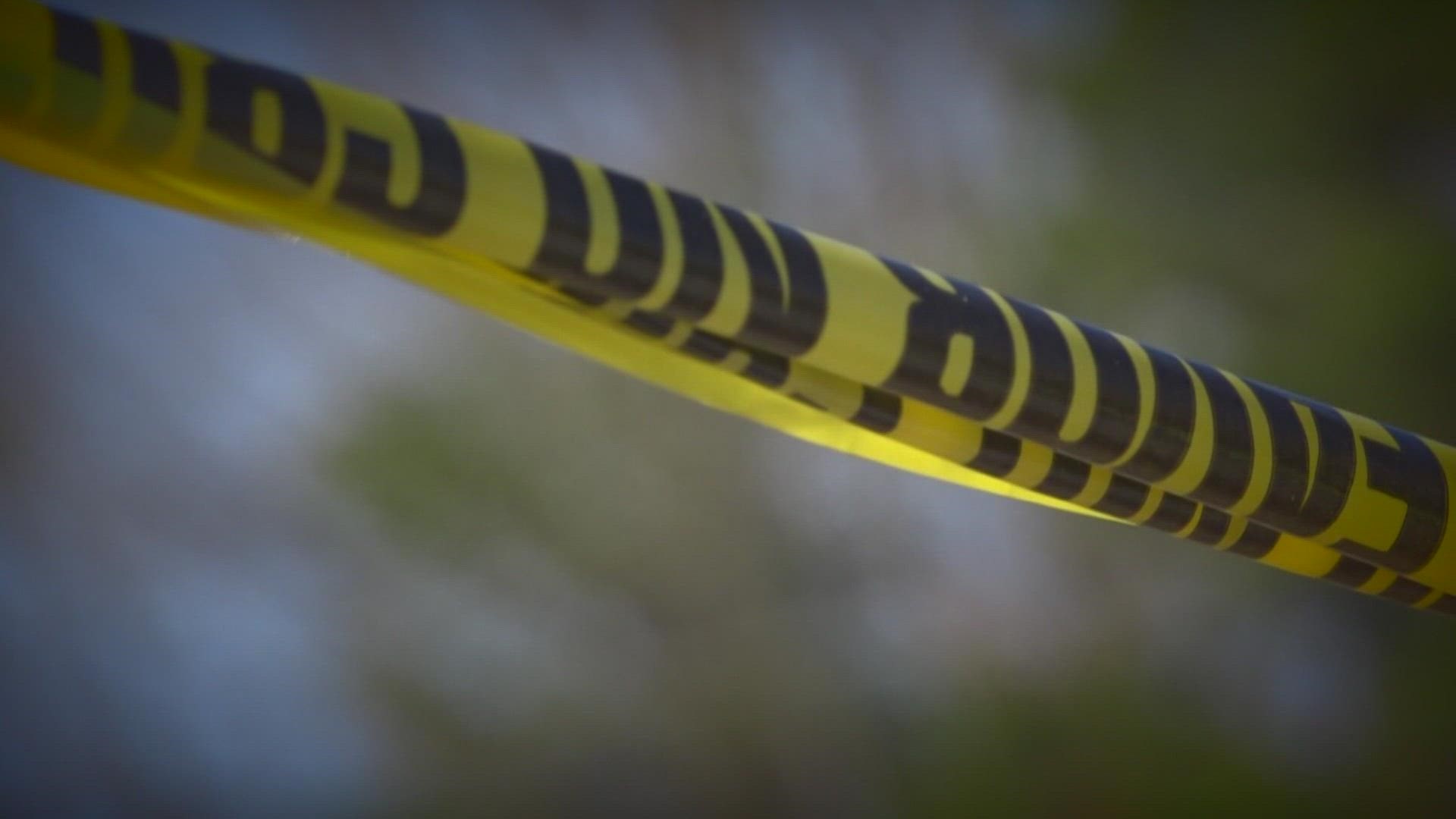FORSYTH COUNTY, N.C. — Gun violence is a major concern across the country and here at home.
The best way to tackle that fear is by coming up with a plan to help you stay safe.
If you heard or saw something threatening, on average experts said it takes about three-fourths of a second to respond.
That's about as quick as snapping your finger, but if it's something you're not prepared for, Forsyth County Sheriff's Corporal, Butch Moore, said time starts to add up in a situation where seconds matter.
"Remember every second that you delay in your response, your chances of survival are very, very slim," said Moore.
Moore said in deadly situations he's witnessed, a lot of times people are reactive and not proactive.
"We want people to be proactive than just reactive," he said. "In other words, look down the street, see what's going on down the street."
He said when something dangerous or alarming happens, it typically starts with denial.
"We've learned that we go through a three-step process, with number one being denial, denial is 'I can't believe this has happened', and a lot of people get stuck on denial," he said. "You can't get stuck on denial."
The second thing that happens is deliberation.
"That's when you start to consider your options," he said. "If you've trained, those options come very quickly. However, if you haven't trained, haven't thought about this beforehand, you can get stuck on deliberation also, and that is nowhere to be stuck."
Finally, Moore said people make a decision.
"It's what we call a decisive moment where you decide, 'hey, I'm going to go do this if this happens' and you already have that plan," he said.
It's important to do all of this quickly. Moore said the average response time for EMS is three minutes, so every second leading up to that matters.
"You don't want to just stand here and look and just be frozen, that's the worst thing we can possibly do, so don't get stuck on denial, don't get stuck on deliberation, immediately seek cover so that you can be safe," said Moore.
Moore said every time you go to an event make a plan. If it's indoors, find your exits and hiding places.
If it's outdoors, keep your eyes and ears open, and look for places you can take cover that will protect you.
If you have to run, he said do so in a zig-zag motion, making yourself a tougher target.
Also, make a plan with your family. Use a keyword so that everyone knows it's an emergency situation.
"Have the discussion with your family, like If you call a 'mayday' for instance, you don't have to use a lot of discussions," he said. "Your family knows, hey, we've got to move and we got to move now, don't gather your belongings, don't grab up your lawn chairs, get ready and go."
Also don't look at others, if there's a danger or threat, go with your gut instinct.
"All these things make our families safer and make us more aware of our environment," he said.
Moore said a lot of times there are pre-event indicators that might show someone is suspicious.
He said law enforcement watches out for that, but said people attending an event should do it as well.

